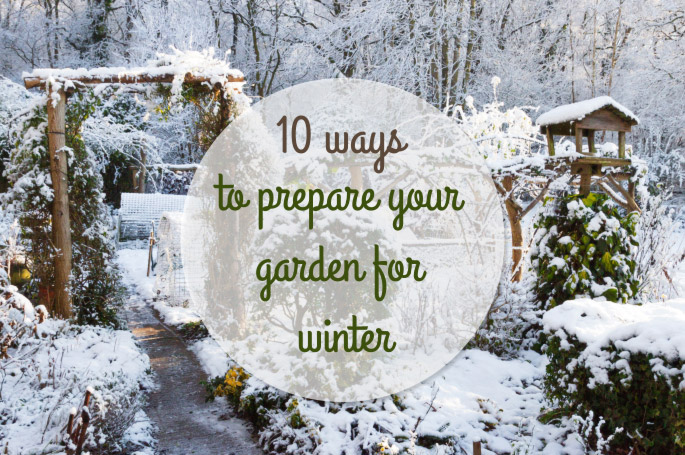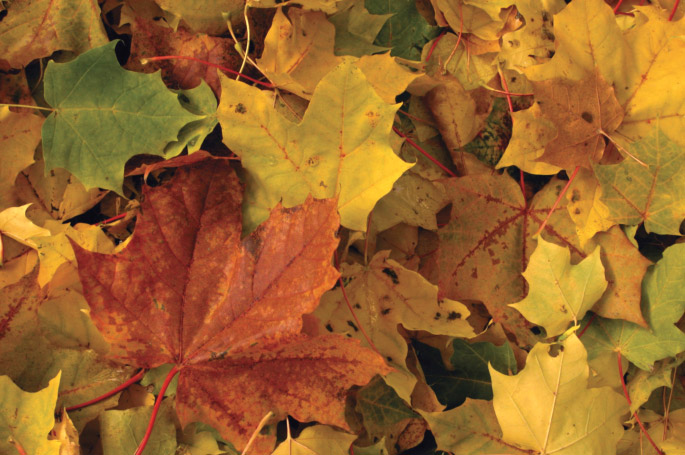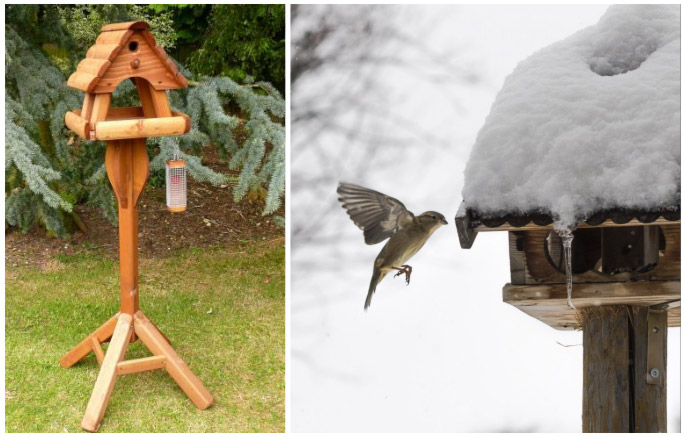| Tags | design and inspiration fun and interesting cleaning and maintenance garden bridge guide great outdoors guide children seating show all posts |
10 Ways to Prepare Your Garden for Winter

10 Ways To Prepare Your Garden For Winter
After a warm & pleasant summertime, the colder months can often catch you by surprise - creeping up on you suddenly and making their presence known almost immediately. It only felt like yesterday you were preparing for summer! Where has the time gone?!
Now that the days are drawing in and the chill is becoming more intense by the week, it can be somewhat tempting to leave your garden untouched until next year & let nature run its course. But why do that when you can spend more time in the garden, preparing for a fruitful spring?
To ensure a smoother transition into the milder months, now is the perfect time to get some meaningful work done in your garden before it's too late. So without further ado, here are our top ten tips for preparing your garden for the winter:
1. Carry out essential repair work
Chances are, you will be spending less leisurely time in your garden with every passing day and more time inside. With fewer hours spent in the garden, any outstanding repair works could deteriorate further if left unchecked, especially with frost and bitter winds on the horizon. Taking the time now to carefully go through your garden & ensuring those jobs are complete could benefit you greatly in the long run; whether it be fixing a loose section of fencing or a faulty gate catch, your garden needs to be secure for these emptier & frostier months.
2. Rake leaves covering your lawn

Autumn Leaves
If your garden parameter has trees (or is surrounded by them), you will most likely be faced with a very leafy lawn as the trees shed their leaves to preserve moisture. Whilst leaf covered lawns can look quite picturesque, they can block crucial sunlight and weaken your turf significantly. Rake them up in sections and add to your compost bin for excellent compost to use for next year.
3. Cut your grass sparingly
It might be tempting to keep up your usual regime of lawn maintenance, but with chillier conditions your lawn's rate of growth will be minimal. If you choose to cut it, use a higher setting than usual to keep it in shape and don't cut too low for risk of lawn scalping.
4. Clear away finished & rotting plants
Doing this will not only improve the visual appearance of your garden, but will potentially be removing disease and fungus too, giving you a smaller chance of pests invading your soil come Spring time.
5. Protect your delicate plants
You will find that your more delicate plants and perennials may need that extra care and attention when battling the winter months to ensure survival.
There are a number of things you can do dependant on the conditions and type of plant but this can include clearing away any debris, cutting plants back to prevent disease and covering them carefully to shield them from harsh winds. To help drainage, add a layer of protective mulch around herbaceous perennials and grit around your plant's bases – this will stop moisture rotting their stems and potentially going down to the roots.
6. Fertilise your soil
Adding plenty of organic matter now (such as rich manure and compost) will help prepare and nourish your soil for planting shrubbery in the warmer months, making things much easier for you next year when the weather picks up.
7. Plant springtime bulbs

Daffodils
By the time Spring rolls around again, chances are you will have forgotten you have done this and will be surprised when they flower and brighten your garden!
8. Sharpen & clean your garden tools
It is important to clean your trusty garden tools prior to storing them away to help increase longevity and provide optimal use for next year.
You can thoroughly clean them by blasting your tools with a garden hose to loosen hardened dirt and wiping off the trickier bits with a rag to ensure they are spotless. From here, you can sharpen if necessary and coat your digging tool blades with a layer of vegetable oil to prevent rust. Pruning tools can also benefit from a wash in soapy water and having any loose bolts or parts tightening. Once dried, store in a secure shed or garage ready for your gardening adventures next year!
9. Look after birds and wildlife
Garden birds and wildlife have a tough time in the winter months, especially in frostier conditions where their natural food is sparse. Make sure they have plenty of shelter and available food & water to help them get by. High energy foods in particular are recommended to keep their energy levels up, such as unsalted nuts, fat-balls, dried fruits and cheese.
To stop water from freezing over in your bird bath, try adding a small ball to float in the water – as a breeze moves the ball, it will help prevent the water around it from icing over. You should never be tempted to add chemicals of any kind (such as anti-freeze or salt) to your bird bath, as this could stop bird's feathers from being waterproof or even poison them.
10. Tend to your garden furniture
Last but definitely not least, it is vastly important to keep your garden furniture in good condition, especially in the winter time. If you feel your wooden garden furniture protection needs topping up, read our handy Timber Care & Maintenance Guide for advice on how to do this. Alternatively, for metal garden furniture, check directly with the manufacturer for instructions or if unable, give it a gentle wash with warm water and dish soap to prevent rust. A furniture cover may also help reduce potential damage.
And there we have it! Our ten top tips for a rejuvenated garden for spring time. Let us know your tips or tricks for handling a winter garden in the comments below – we'd love to see your ideas.


